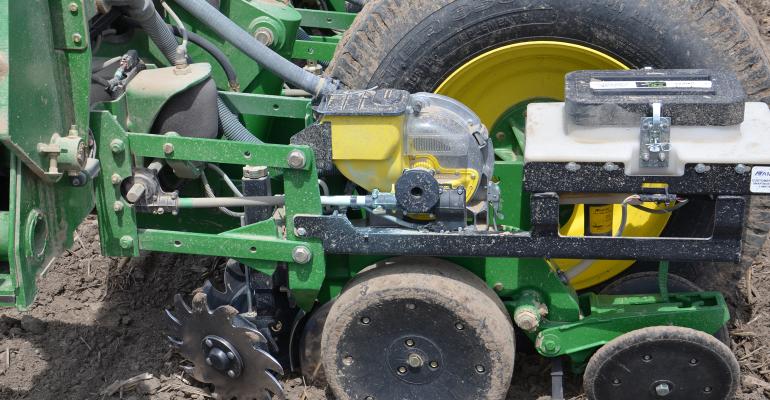Think twice before cutting insect control in 2020

Corn Pest Beat: Eliminating insect control will demand more management.
Sep 05, 2019
I saw some Japanese beetles clipping silks but saw no rootworm beetles while walking corn. Can I skip rootworm insecticide and use a non-GMO hybrid in 2020 to save money?
The Indiana certified crop adviser panel answering this question includes Betsy Bower, Ceres Solutions, Terre Haute; Traci Bultemeier, Corteva/Pioneer, Fort Wayne; and Dan Ritter, Dairyland Seed, Wabash.
Bower: If you plan to use untraited corn and skip rootworm insecticide in 2020, especially if you’re in a typical corn rootworm area, be ready to scout all your fields for insect pests. You’ll need to be ready to scout early, at V3 to V5, for black cutworm. They surprise us from year to year in spots.
Scout for corn borer around V6 to V9. If you find corn borer pressure intense enough to need treatment, treat immediately to get the best control possible. Treating for corn borer is at best 60% to 70% effective.
Scout for silk-clipping insects at pollination. These include western corn rootworm beetles and Japanese beetles.
You’ll need to be on your scouting game if you use untraited corn, but you can save some dollars if there has been investment by the seed company into new germplasm for yield.
Bultemeier: Corn rootworm is certainly an economic threat in parts of the state. There are two considerations here. First, do you need rootworm control? Is the field corn after corn? Are you in a moderate to high rootworm pressure geography? If so, a genetic rootworm trait or an in-furrow insecticide is justified, and at minimum, a high-rate seed treatment labeled for rootworm reduction is needed.
If the field is in crop rotation and rootworm isn’t a yearly concern, a non-GMO hybrid with a midrate seed treatment may be just perfect. Speaking to a seed company agronomist or independent agronomist can help give better insight into what’s occurring around your location.
Second, will you really save money by switching to a non-GMO? Non-GMO corn requires more scouting and potentially in-crop applications. If it’s grown for a premium, this choice may be more profitable in the end rather than just saving money on the hybrid purchase. Hybrids with aboveground protection tend to yield very well and require less scouting and possibly fewer in-crop applications. An in-furrow insecticide in high-pressure geographies or high-rate seed treatment to protect against rootworm in low-pressure areas adds good protection to proven hybrids that have only aboveground insect traits.
Ritter: I would consider what your historical corn rootworm infestation levels have been for your area and on that field or farm. If there have been issues long term, I may give rootworm control strong consideration.
It’s my observation that rootworm larvae aren’t good swimmers. During wet springs, larvae mortality tends to be high. That said, a few prolific female rootworm beetles can lay plenty of eggs, and if they all survive next year, you could have damage. If historically you haven’t had issues and budgets are tight, you may be able to eliminate rootworm-control expenditures.
Another suggestion I make with my clients is to “tweak and tune.” In lieu of making a huge switch in production practices in one year, implement it on a fraction of your acres. The following years, you can increase use of that practice. Monitor your fields closely in 2020 to make a more informed decision for 2021.

